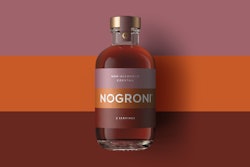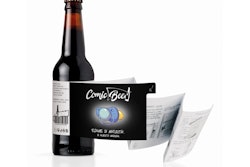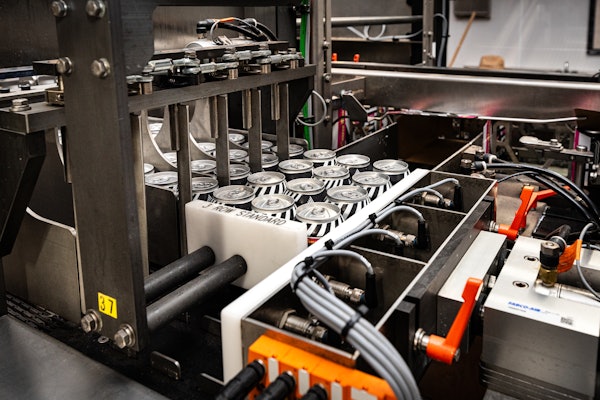A new study from PMMI Business Intelligence, “2019 Nutraceuticals Market Assessment,” looks at U.S. and global growth, delivery methods, packaging, e-commerce, sustainability, machinery and materials.
With new delivery formats in powder or chewables, companies are moving toward more recyclable materials. But within functional beverages and CBD, companies still have reason to stick with glass.
Glass preserves certain more sensitive flavors like turmeric and watermelon more effectively than an aluminum can. But the study says Nutraceutical manufacturers are willing to move toward aluminum cans and bottles as long as they don’t sacrifice product integrity.
Other challenges with glass include the need to develop an effective cap to maintain the carbonation and freshness of probiotic drinks without a build-up of pressure. Any threads that would release the pressure could cause the glass to crack, whereas plastic doesn’t experience the same issues.
“The cost is really the big concern. We look at the labor of what is easier to package and what is more difficult to handle. Glass is more difficult. I do not look at freight really. The higher end products go into glass and they do not care about the additional cost of glass,” says one Vice President of Operations for a dietary supplement company.
“Aluminum cans could be an option for us but – it is a multi-point thing. Glass says ‘more premium.’ It also impacts shelf life and retaining the flavor profile. Some products are very sensitive to the containers. We did a comparison and some of the flavors were getting spoiled in color and flavor in aluminum bottles. So, switching to aluminum kind of changes everything with the heat transfer. For example, our watermelon and turmeric are very sensitive flavors and did not work in aluminum,” says one Packaging Engineer from a Functional Beverage Company
Glass is more prone to breakage and requires greater labor costs than plastic or pouches. Some changes in packaging can also require FDA approval. Taking out a large enough amount of plastic can change the heat profile of packaging and require approval.
For CBD and other essential oils, amber glass vials remain the mainstay, sometimes causing issues with e-commerce deliveries.
The report says consumers are suffering from pill fatigue and would rather eat or drink their supplements. This is reducing use of rigid plastic containers and their shrink labels which deliver branding, as well as dosing and ingredient information. Some companies are taking glass vial and enclosing in a carton for more information, branding and shelf impact. In ASIA where there is a lot of gift giving or nutraceutical products, even beauty nutraceuticals, cartons are very import for gifting.
Download your FREE 20-page Executive Summary below, or, PMMI members can download the entire report here. Looking for an answer to your nutraceutical packaging challenge? Make plans to visit PACK EXPO East, March 3-5 for the latest materials and machinery.






















